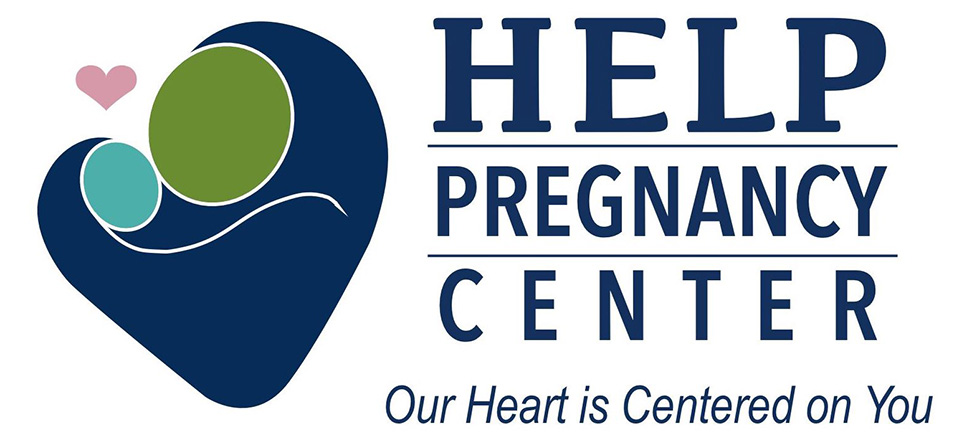Abortion Info
There are various factors that lead women to contemplate abortion. It’s crucial for you to have the necessary information on abortion procedures and their potential risks so that you can make the most suitable decision for yourself. At Help Pregnancy Center, we can provide you with accurate details about all available options. Help Pregnancy Center does not perform or refer for abortions.
Medical Abortion (The Abortion Pill)
A medical abortion is a non-surgical method that utilizes medication to terminate a pregnancy. Unlike surgical procedures, it does not require surgery or anesthesia. Choosing a medical abortion is a big decision that carries emotional and psychological consequences. If you are thinking about this procedure, it is crucial to fully comprehend its process, potential side effects, associated risks, complications, as well as explore alternative options.
Risks include:
- Incomplete abortion, which might mean you need a surgical abortion procedure later.
- The possibility of an ongoing pregnancy if the medical abortion procedure is not successful.
- Heavy and prolonged bleeding
- Infection
- Development of fever
- Discomfort in the digestive system

FDA Warning: FDA Does Not Recommend Buying Mifepristone (Abortion Pill) Online
The FDA strongly advises against obtaining mifepristone outside of the Mifepristone REMS Program, such as through online purchases or personally importing it from a foreign country. By doing so, individuals would be circumventing vital safeguards that have been specifically implemented to ensure their health and well-being. Prescription medications approved for use in the United States undergo thorough evaluation by the FDA regarding their safety, effectiveness, and quality. They are also subject to FDA-regulated manufacturing controls, which include inspections of the facilities where they are produced.
Surgical Abortion
There are multiple surgical abortion methods available depending on the stage of pregnancy. These procedures typically involve the dilation (opening) of the cervix, allowing access to the uterus. The abortion provider may utilize suction (similar to a vacuum), a curette (a sharp, loop-shaped instrument), and potentially forceps to extract the pregnancy. If you are thinking about this procedure, it is crucial to fully comprehend its process, potential side effects, associated risks, complications, as well as explore alternative options.
Risks include:
- Damage to your uterus or cervix
- Uterine perforation (a hole torn in the uterus with the instruments used)
- Excessive bleeding
- Infection
- Development of scar tissue inside the uterus
- Negative reactions to medicine or anesthesia (such as breathing problems)
- Failure to remove all of the pregnancy requiring another procedure

Call us today for a free consultation to review all your options and get a free pregnancy test and ultrasound.
Sources:
- https://www.mayoclinic.org/tests-procedures/medical-abortion/about/pac-20394687?p=1
- https://www.fda.gov/drugs/postmarket-drug-safety-information-patients-and-providers/information-about-mifepristone-medical-termination-pregnancy-through-ten-weeks-gestation
- https://medlineplus.gov/ency/article/002912.htm
